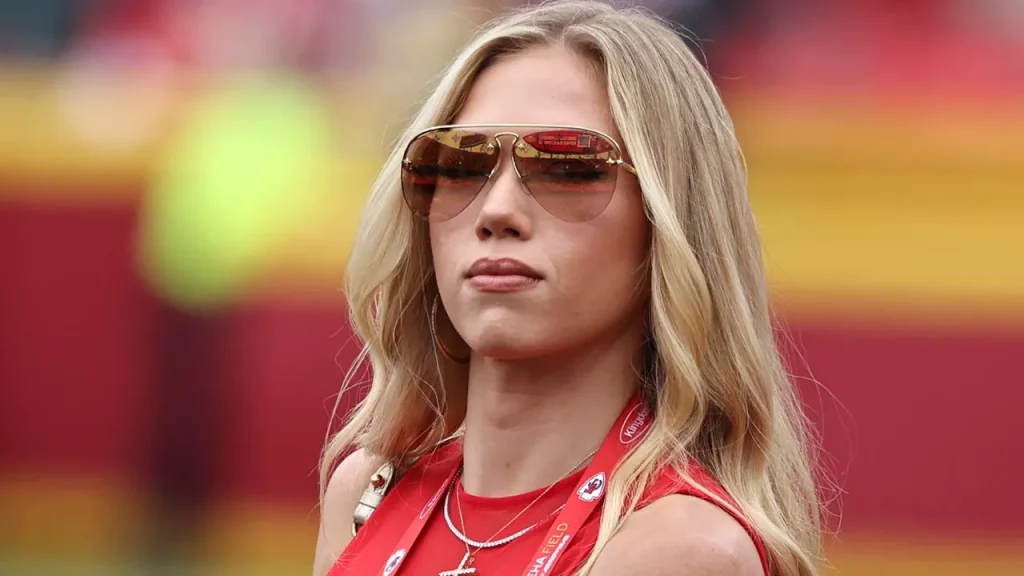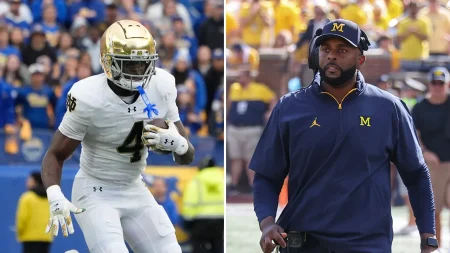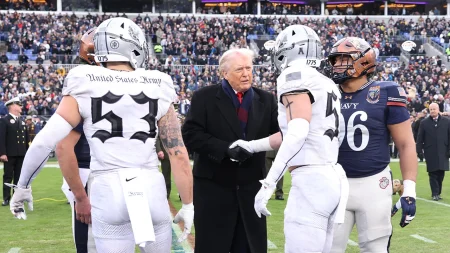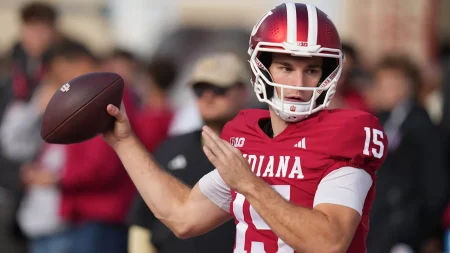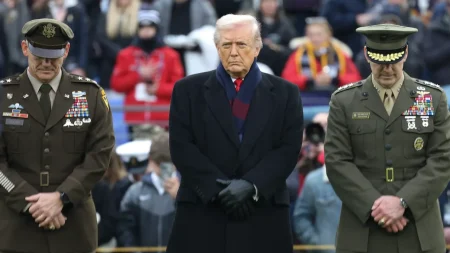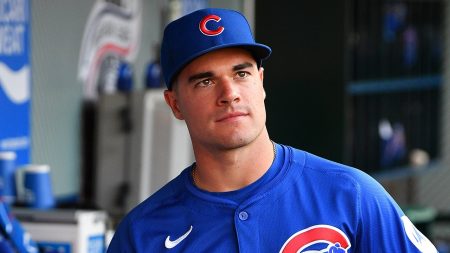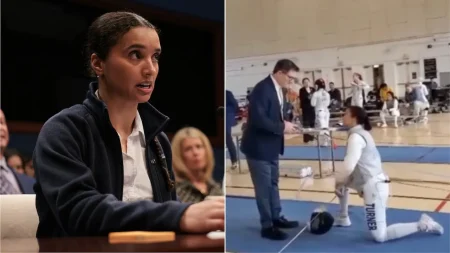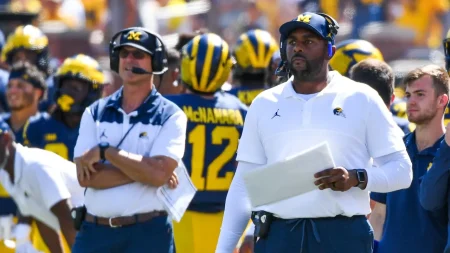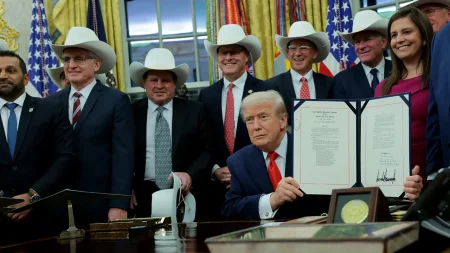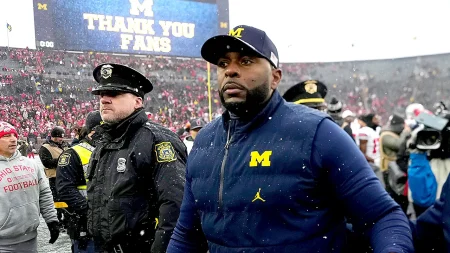Gracie Hunt Applauds Alternative Super Bowl Halftime Show Initiative
In a recent interview on Fox News Channel’s “The Will Cain Show,” Gracie Hunt, daughter of Kansas City Chiefs owner Clark Hunt, expressed strong support for Erika Kirk and Turning Point USA’s initiative to create an alternative Super Bowl halftime show. This effort comes in response to the NFL’s selection of Grammy Award-winner Bad Bunny as the 2026 Super Bowl halftime performer, a choice that has sparked controversy due to the artist’s previous criticisms of U.S. Immigration and Customs Enforcement (ICE). Hunt’s comments highlight a growing conversation about the values represented in one of America’s most-watched cultural events and what it means for families across the nation who gather to watch the big game each year.
Hunt praised Kirk’s leadership at Turning Point USA, particularly her efforts to create what Kirk calls “a halftime show for America.” In Hunt’s view, this alternative performance addresses important concerns about role models for impressionable young viewers. “I really respect Erika for all that she’s done,” Hunt stated. “Children are young, they’re impressionable. Young women, young men and everyone, they just need someone to look up to.” She continued by acknowledging the challenges parents face in navigating today’s entertainment landscape, saying, “As someone who doesn’t yet have young children of my own, I can’t imagine how difficult that is to navigate.” Hunt’s comments reflect a broader concern about the content and messaging presented during the Super Bowl, which remains one of the most widely viewed television events in the United States, attracting audiences across generations and demographic groups.
The discussion touched on the very origins of the Super Bowl itself, with Hunt referencing her grandfather’s vision when naming the iconic sporting event. “When my grandfather named the Super Bowl, he intended it to be something children and families of all ages could come together and watch,” she explained, adding that he “really believed that the game should come first, that football is the attraction and that it didn’t need to compromise its character or rely on cheap appeal to draw an audience, especially when that approach can alienate so much of the fan base.” This connection to the Super Bowl’s roots gave Hunt’s comments particular resonance, as she frames the current debate not as a new controversy but as a question of whether the event is staying true to its original purpose as family-oriented entertainment that brings Americans together rather than dividing them.
Hunt articulated her vision for what the halftime show should represent, saying, “The NFL honors women, the military, this country, celebrates communities. So, I think that whoever they select going forward for the halftime show needs to reflect those values more closely.” While expressing her support for Kirk’s alternative show initiative, Hunt also offered her own suggestions for future halftime performers who might better align with these values, mentioning country music star Jason Aldean and global pop icon Taylor Swift as potential candidates. The NFL, for its part, has stood by its decision to feature Bad Bunny at the 2026 Super Bowl, which will take place at Levi’s Stadium in Santa Clara, California, indicating that the organization sees value in showcasing diverse artists who appeal to its expanding global audience, even as some fans express concerns about particular performers’ political stances or public statements.
Beyond the specific issue of the Super Bowl halftime show, Hunt’s interview touched on what she perceives as a positive spiritual movement among young Americans. “I think our generation gets a bad rap, but I am so excited by this movement I’ve seen within this younger generation,” she shared with evident enthusiasm. “They are hungry for a deeper ‘why.’ They are hungry for Jesus.” Hunt pointed to increased Bible sales during November’s global Bible month and described witnessing “this massive resurgence in young women, in young men, across college campuses getting baptized, sharing the Gospel and wanting to leave this world a better place.” These observations suggest that Hunt sees the conversation about appropriate Super Bowl entertainment as part of a larger cultural shift toward traditional values and religious engagement among younger Americans, challenging prevailing narratives about Generation Z and Millennials moving away from faith-based communities.
The debate surrounding Bad Bunny’s selection as the 2026 Super Bowl halftime performer and the resulting call for alternative programming underscores how even sporting events have become battlegrounds in America’s ongoing cultural conversations. As the daughter of a prominent NFL team owner, Hunt’s perspective carries particular weight in these discussions, though reactions to her comments will undoubtedly vary across the political spectrum. What remains clear is that the Super Bowl halftime show, once primarily considered entertainment, has evolved into something more symbolic—a high-profile platform that different groups believe should reflect their vision of American values and identity. As viewership for the Super Bowl continues to span diverse demographics both domestically and internationally, finding performers who can unite rather than divide this vast audience presents an ongoing challenge for the NFL, one that will likely continue to generate passionate debate in the years to come.




